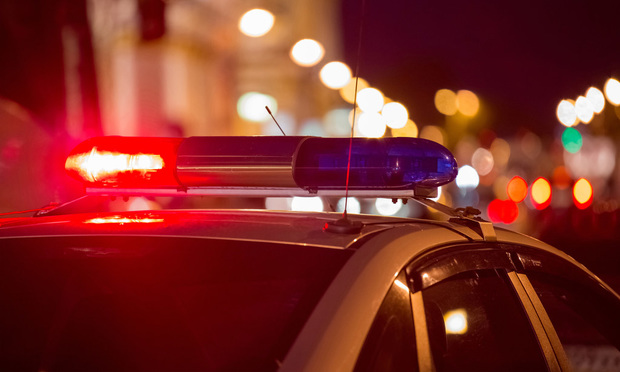In State v. Zalcberg, the New Jersey Supreme Court held that police ignorance of procedures to be followed to obtain a warrant justified a warrantless sampling of the defendant’s blood. The court’s decision creates a new exception to the warrant requirement that is disturbing and completely at variance with its precedents and those of the United States Supreme Court.
The case arose from a serious automobile accident, allegedly caused by the inebriation of the defendant. Nine law enforcement officers, in addition to fire and medical personnel, responded to the incident. Officials began responding to the scene before 8:35 p.m. By 9:05 p.m. the road had been closed and secured. At approximately 9:25 p.m. a paramedic advised one of the responding officers that he had smelled alcohol on the breath of the defendant, an unconscious female. Shortly before, one of the officers saw a small bottle of alcohol on the console of defendant’s vehicle. It was not until 10:36 p.m. that defendant was driven to the hospital to obtain a sample of her blood. Defendant arrived at the hospital at 10:53 p.m., but her blood was not drawn until 12:05 a.m. In the two hours and 45 minutes between when the officers had cause to believe the defendant had consumed alcohol, and the time her blood sample was taken, the police neither discussed nor made any effort whatever to obtain a telephonic warrant.







